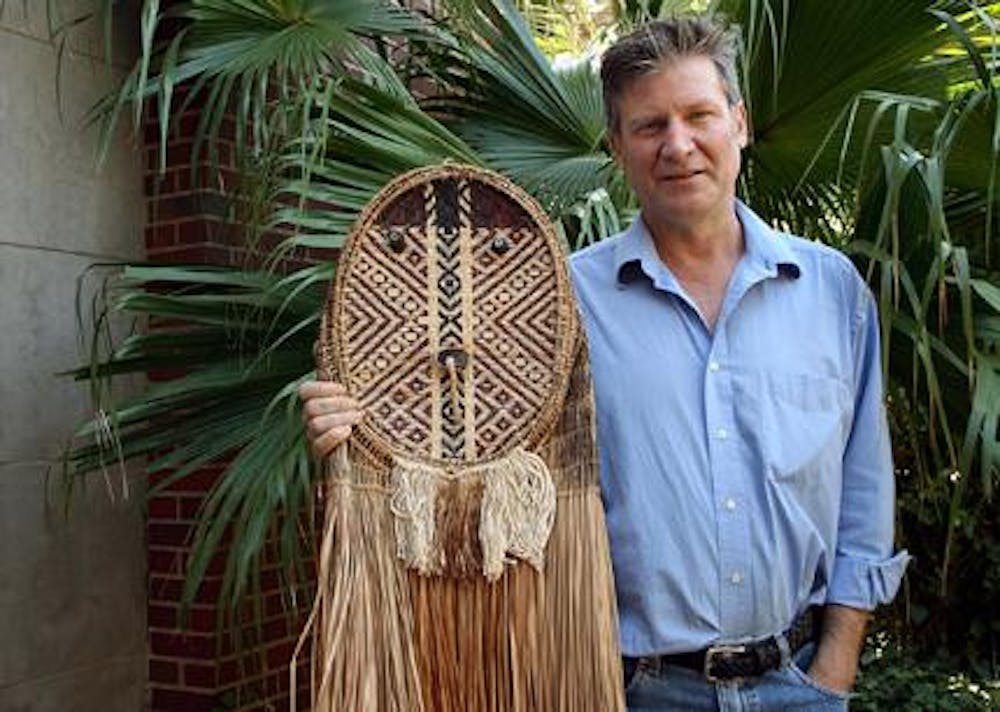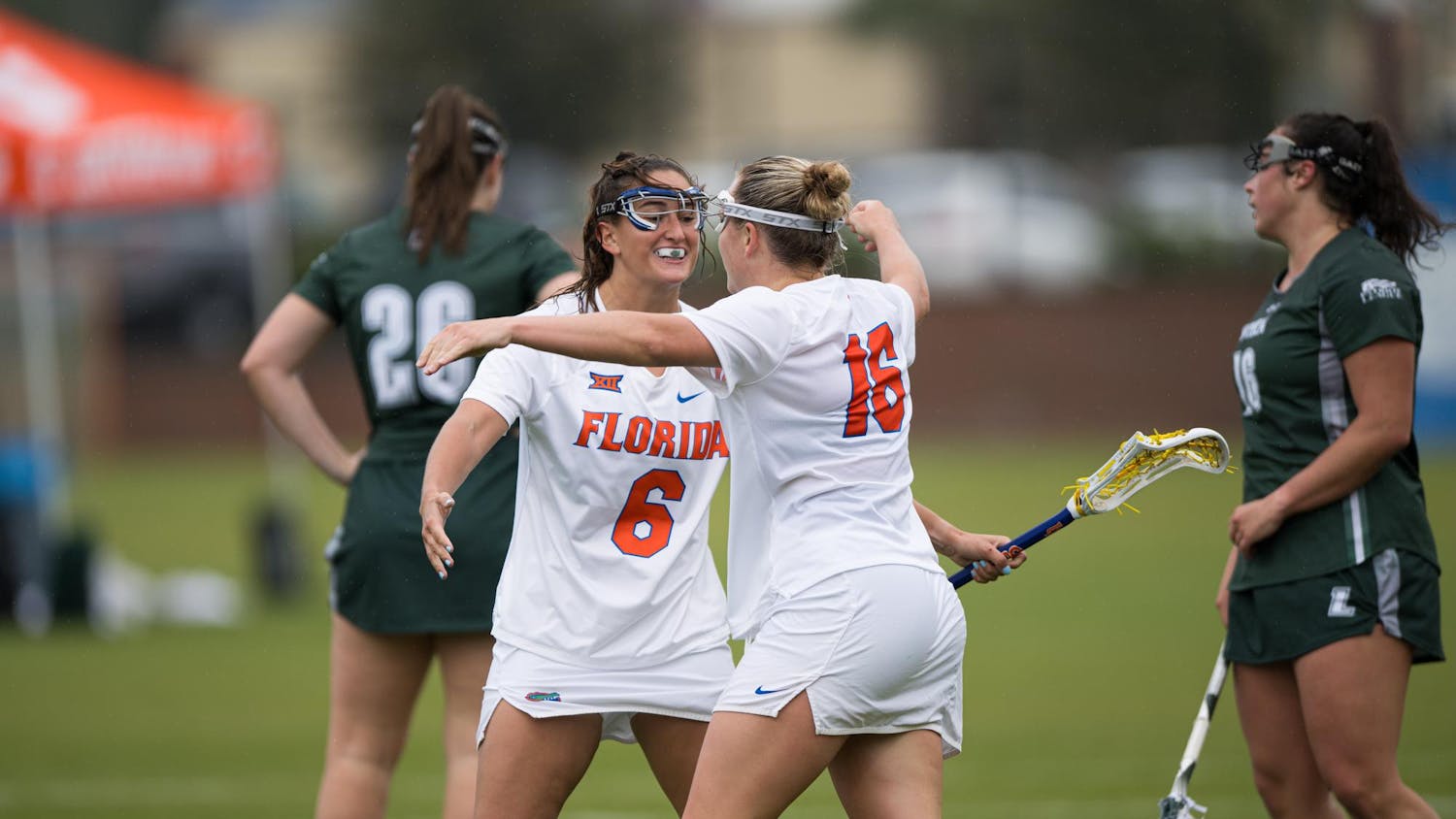Maikiejana has to travel more than 2,000 miles to visit his family.
The UF anthropology professor, known by his American name, Michael Heckenberger, has spent about two years living with the indigenous Kuikuro in the Brazilian Amazon.
For the last 20 years, he has studied the lost cities of the Amazon and the culture of its indigenous people.
"They're my family now," Heckenberger said.
Heckenberger's research was featured on "Lost City of the Amazon," an hour long documentary that aired Thursday on the National Geographic Channel.
He worked with the Xingu Ethnoarchaeological Project, a research project composed of anthropology experts and UF graduate students and researchers in Brazil.
The documentary highlighted the group's primary discoveries: clusters of civilizations where indigenous groups lived more than 500 years ago.
The team discovered more than 15 clusters in the Amazon, including two large clusters in the Kuikuro area, which is in the southern part of the Amazon.
Each cluster is based on an exemplary center, similar to a state capital, with roads leading to smaller towns, Heckenberger said.
The research group discovered the clusters by using high-resolution GPS technology to determine what the land was like 500 years ago, when the Europeans came to America and the indigenous tribes were at their peak, and comparing it with what it's like now.
At the time of colonization, each of these clusters was comprised of a few thousand people, Heckenberger said.
What caused the tribes to dwindle was the same kind of depopulation and deculturization Native Americans in the U.S. experienced after European colonization, he said.
During his yearlong stay with the Kuikuro, the tribe official adopted him by throwing him a traditional midnight celebration and giving him his tribal name, Maikiejana. He lived with Chief Afukaka, his adoptive brother.
Ever since he lived with the Kuikuro for a year in 1993, he's gone back to visit every year. Sometimes, the trip is for research, and other times, it's to spend time with his adopted family.
"I take very seriously my relations with them," he said.
Although traditions and ceremonies are done on a much smaller scale nowadays, Heckenberger said tribes such as the Kuikuro live their lives much like their ancestors did.
"It was fantastic," Heckenberger said. "At the time, they had no running water, they had no electricity, nothing in terms of city creature comforts. It was a real experience."






